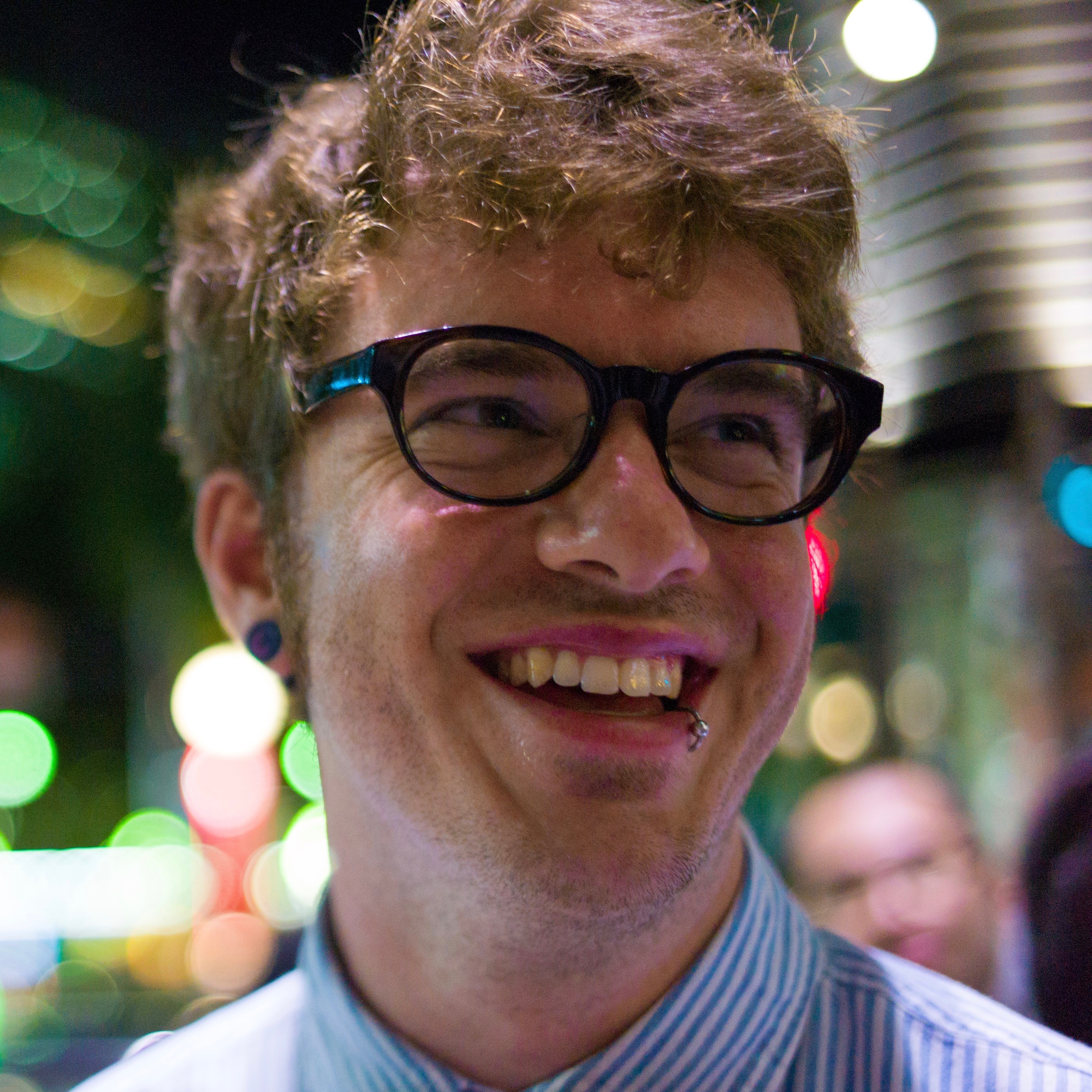TL;DR — I am Robin Scheibler, a research engineer at Google Deepmind working more often than not on (neural) audio processing and stuff. I like coding and making hardware, and I like it open source.
Long version: My name is Robin Scheibler and I am a researcher focusing on data and signals. My research interests have taken me from proving theorems to literally jumping in a cold mountain lake to sample its water, checking for the presence of arsenic. When I work on a problem, I want to take it from the idea all the way to the implementation into a physical prototype.
Currently, I live in Tokyo and work at Google Deepmind on neural audio processing for enhancement and separation.
Before that I worked on diffusion-based speech enhancement and separation, and blind source separation at LINE Corp. and later LY Corp. (i.e., LINEヤフー).
I am the main contributor to Pyroomacoustics, a Python package for room simulation and audio array processing. The package lets the user easily create acoustic scenarios and simulate the propagation between sources and microphones.
I got my B.Sc., M.Sc., and Ph.D. from EPFL in Switzerland. I was lucky enough to be a member of the awesome Audiovisual Communications Laboratory from 2012 to 2017. Between 2017 and 2020, I was a post-doctoral research at Ono Laboratory working on the sound-to-light sensors: Blinkies. Before all that, I worked for NEC in Japan, and IBM Research in Switzerland.
In my free time, I like to create electronics gadgets. I am an early member of SAFECAST Japan where I build mobile Geiger counters to monitor the fallout from the Fukushima Dai-Ichi nuclear accident. I co-founded the biodesign for the real-world project.

